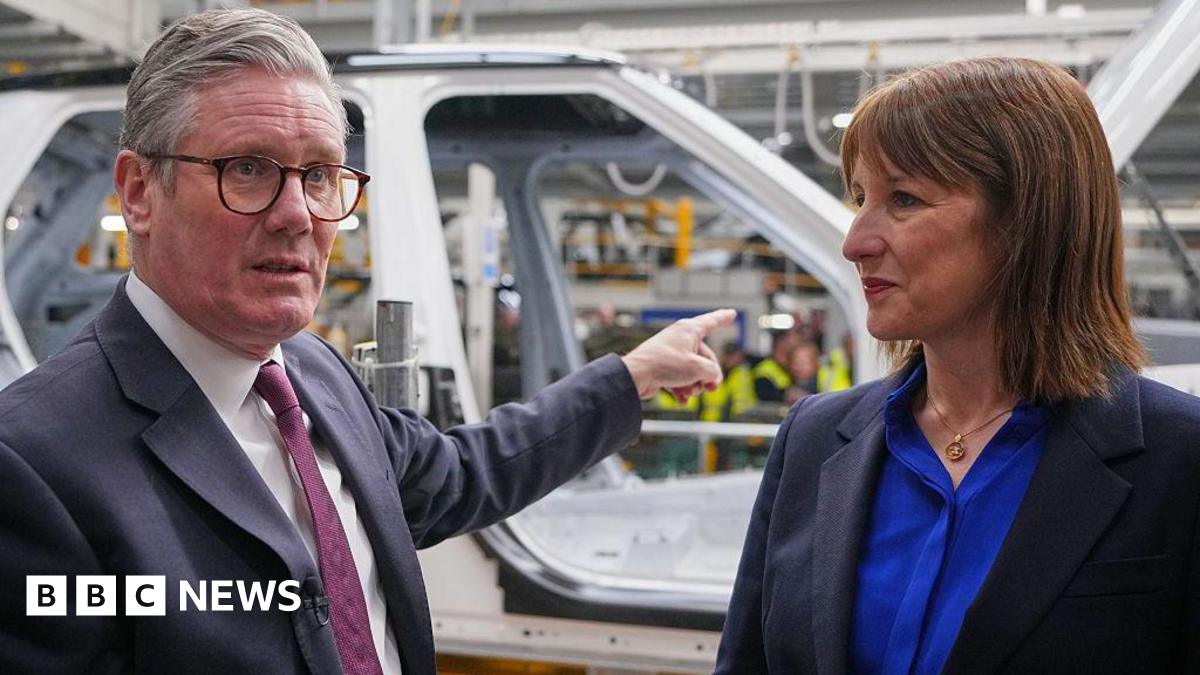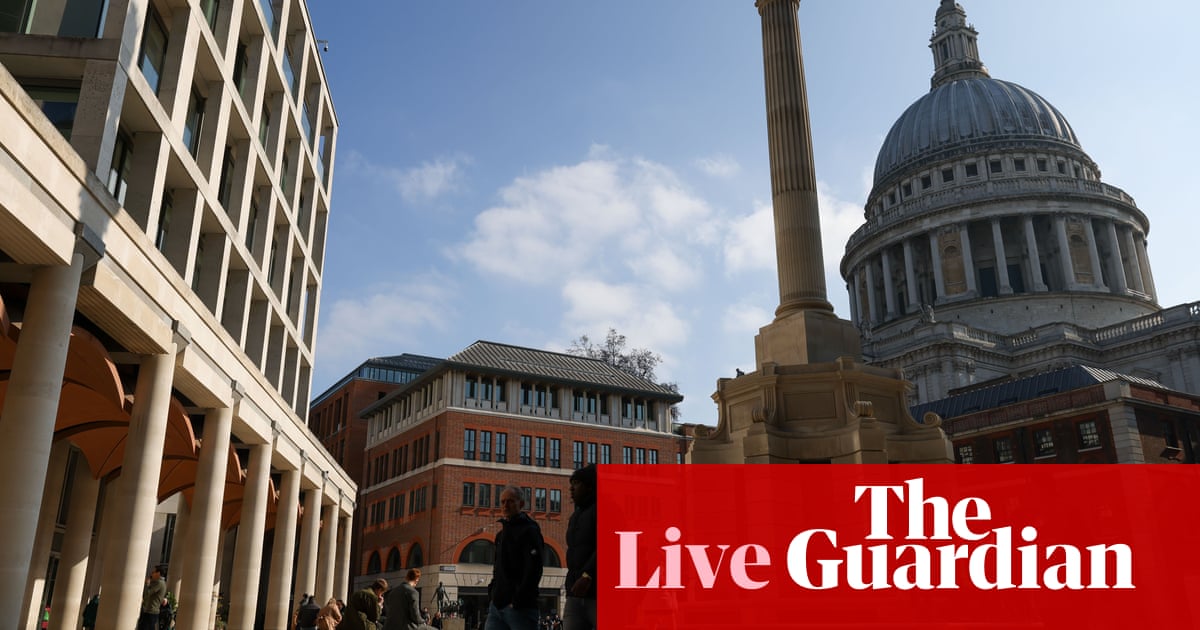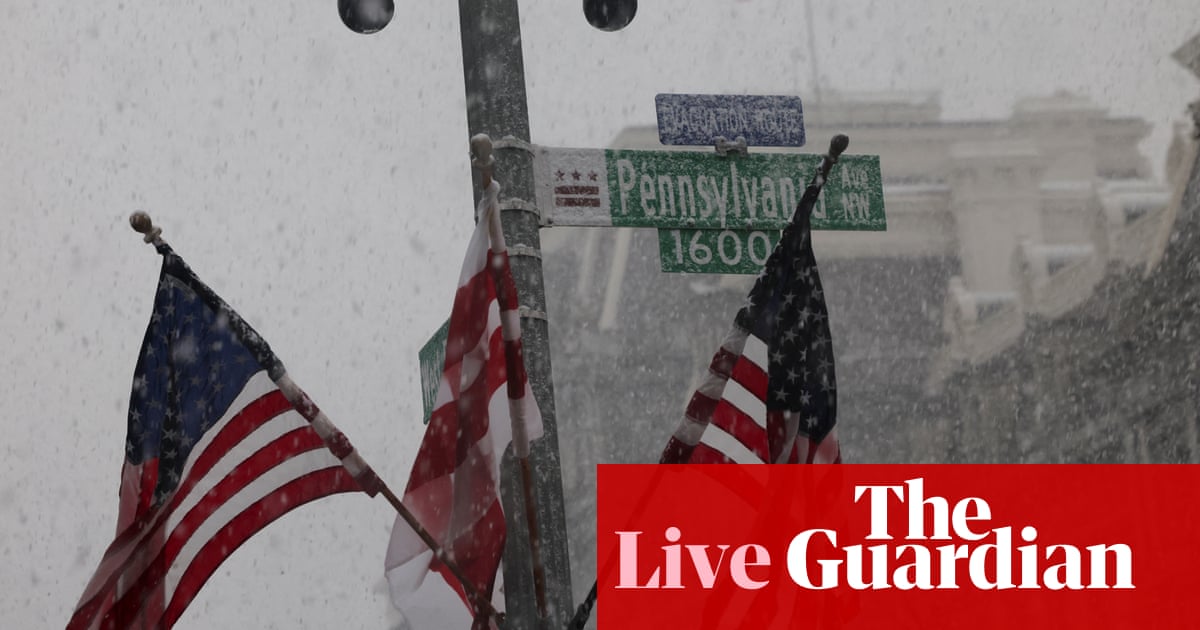T4K3.news
Consumer confidence hits lowest level since 2022
Deloitte reports a 2.6% drop in consumer confidence due to inflation and job security concerns.

A recent report reveals the troubling decline in consumer confidence regarding job security and income.
Consumer confidence faces sharp decline amid economic uncertainties
Consumer confidence has seen its most significant drop since Q3 2022, falling by 2.6 percentage points to 10.4% in Q2, according to Deloitte’s Consumer Confidence Index. This decline raises concerns about job security and income growth, attributing the shift to fears of a slowing labor market and ongoing high costs of living. Celine Fenech, lead at Deloitte, emphasized that these factors created a negative sentiment towards personal debt. Interestingly, a different survey indicated that consumer confidence is down 18.4% compared to last year, suggesting a broader unsettling trend. As Labour hints at potential tax increases this autumn, the outlook appears increasingly bleak for consumers.
Key Takeaways
"Concerns of a slowing labour market have left consumers worried about job security and income growth prospects."
Celine Fenech highlights the link between job market fears and consumer sentiment.
"Persistent inflation and a high cost of living have negatively impacted sentiment towards personal debt."
Fenech points out how financial pressures are shaping consumer attitudes.
The current drop in consumer confidence highlights a critical shift in economic sentiment. With inflation remaining persistent and job security wavering, consumers are feeling the pinch. As they grapple with the falling prospects for income growth, the mounting worry about personal debt complicates their financial landscape. Tax increase discussions only add to this uncertainty, potentially stalling economic recovery. Moving forward, policymakers must take these warning signs seriously to avoid exacerbating the situation. A sustained lack of consumer confidence can lead to reduced spending, further slowing down the economy and creating a vicious cycle.
Highlights
- Consumers are increasingly worried about job security and economic prospects.
- Inflation and living costs are hitting consumer confidence hard.
- Tax hikes may add to the economic anxiety felt by everyday consumers.
- The steep drop in confidence reflects a concerning trend for the economy.
Economic downturn poses risks
The sharp decline in consumer confidence suggests potential financial instability, prompting worries about public reaction and government policies.
The future of consumer confidence depends heavily on policy responses to these economic challenges.
Enjoyed this? Let your friends know!
Related News

UK vehicle production reaches historic low

Economic confidence reaches historic low amid tax worries

Trump's economic week critical for policy impact

Beef prices reach record highs

Auction sales drop significantly in the first half of 2025

FTSE 100 share index reaches 9,000 points

Bitcoin reaches record high ahead of Trump's inauguration
